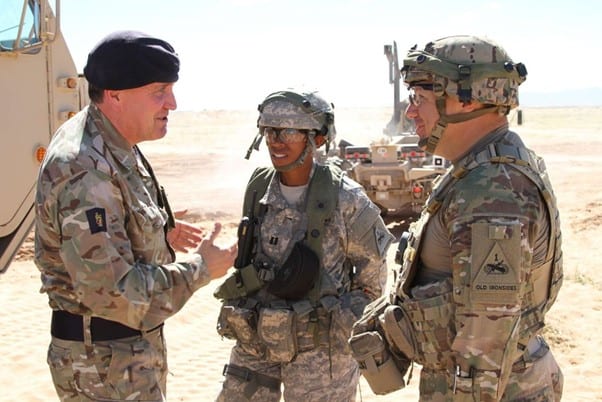
It is not for lack of trying.
Take a look at the UK Army People Strategy. This recognises that the people challenges of today are framed by the changing character of warfare, the information age, rapid technological change, fierce competition for talent and workforce cost inflation.
It trumpets a more transformative strategic approach in order to recruit ‘a competitive, adaptable and inclusive Army imbued with a warrior spirit and unwavering will to win’.
It also lists some sixty initiatives, including the long-running (with further to go) Project CASTLE that seeks to accelerate a generational change in the way the Army manages talent.
Will this fix our talent pain? Everything helps, but perhaps we are trying to solve too many things at once.
We are not locked-on to recruiting digital natives. This is a cohort who too often see service life as hard, restrictive, technologically backwards and lacking in social impact.
My remedy? First, we need to educate our digital natives on the true nature of the threats facing our nations and their role in keeping us safe.
For many reasons, Governments are bad at this, but digital natives need to understand that there is no greater contribution to society and this is a job with true impact.
Second, digital natives need to understand (a hard sell) that many of the capabilities are cutting-edge and that our technologists will be vital (and well-looked after) in an Armed Force that is more specialist, scalable and networked.
Third, that we should see what works elsewhere and copy it – quickly. For example, the Australian Army's Flexible Establishment Trial (not to be confused with UK Flexible Service) shows that hybrid service is possible and a clever, viable approach to leveraging the latent talent and potential of reservists and so uplifting the digital literacy of the whole force.
Fourth, as we work to digitally transform the Armed Forces, we should empower our technologists. We need to encourage creativity, initiative and novel solutions (in keeping with Caleb Walker’s article calling for a digital insurgency).
Finally, we need a much better plan and methodology for upskilling the talent we already have to close out the gaps.